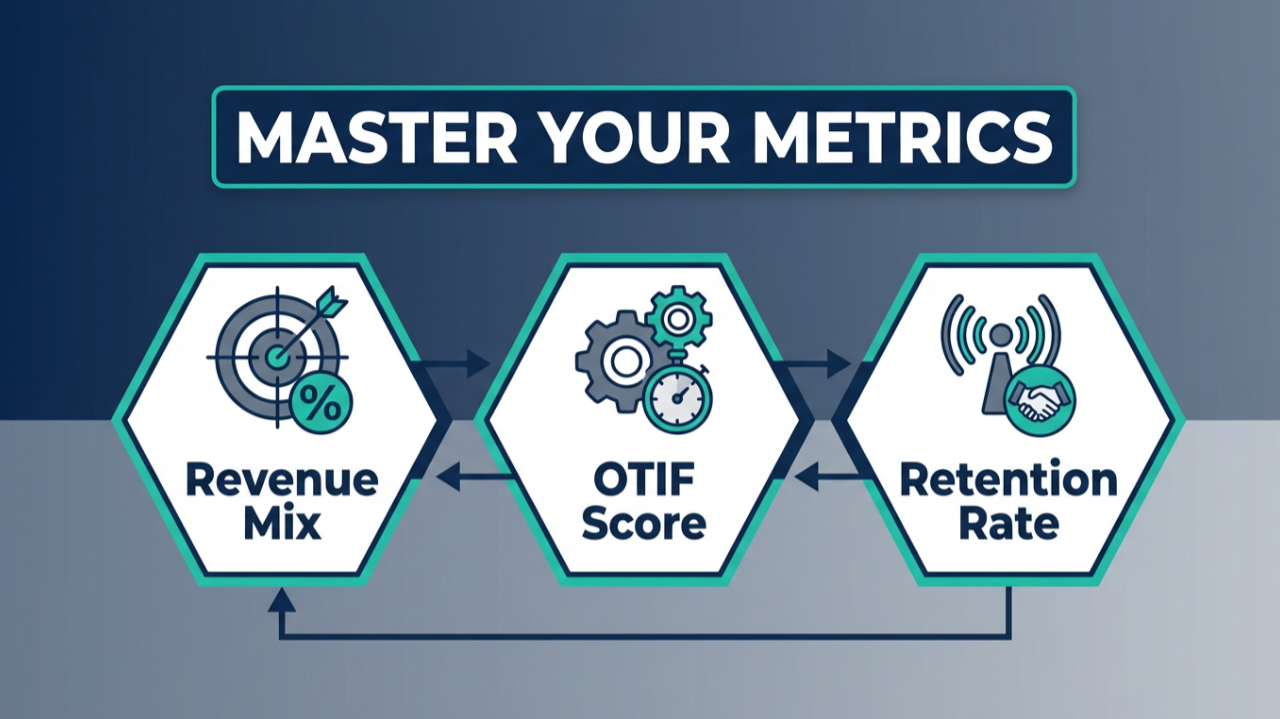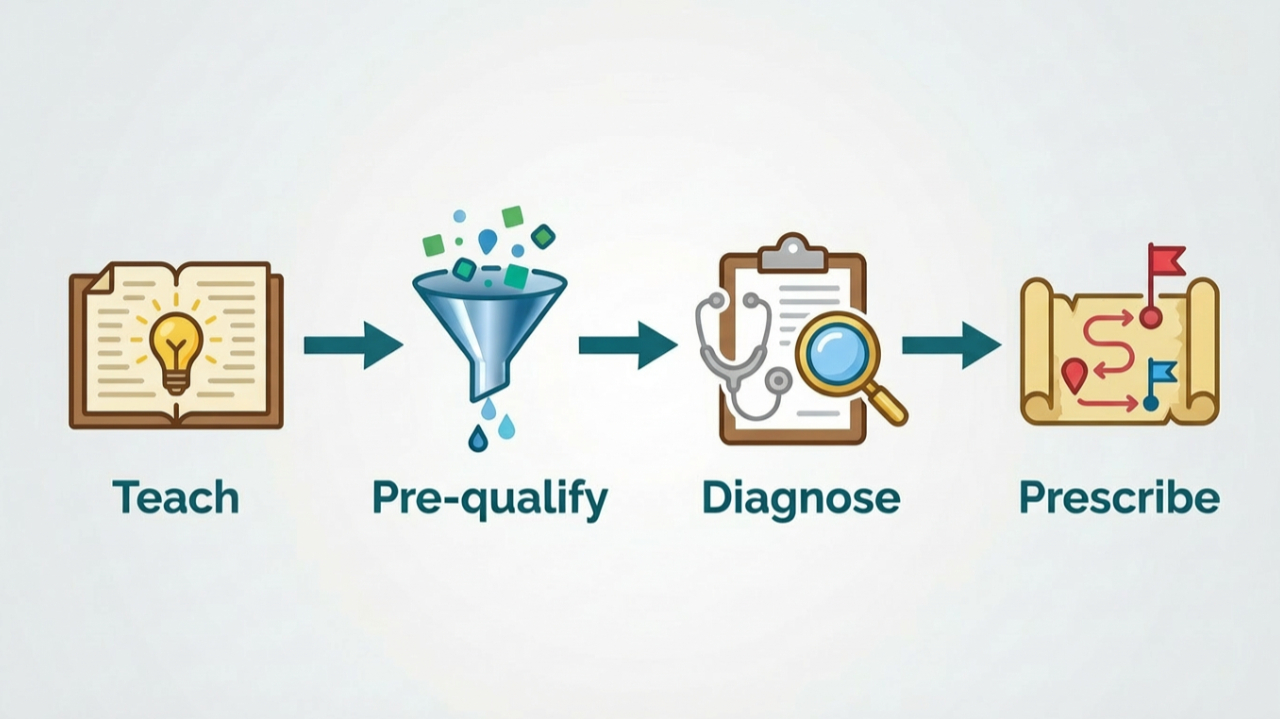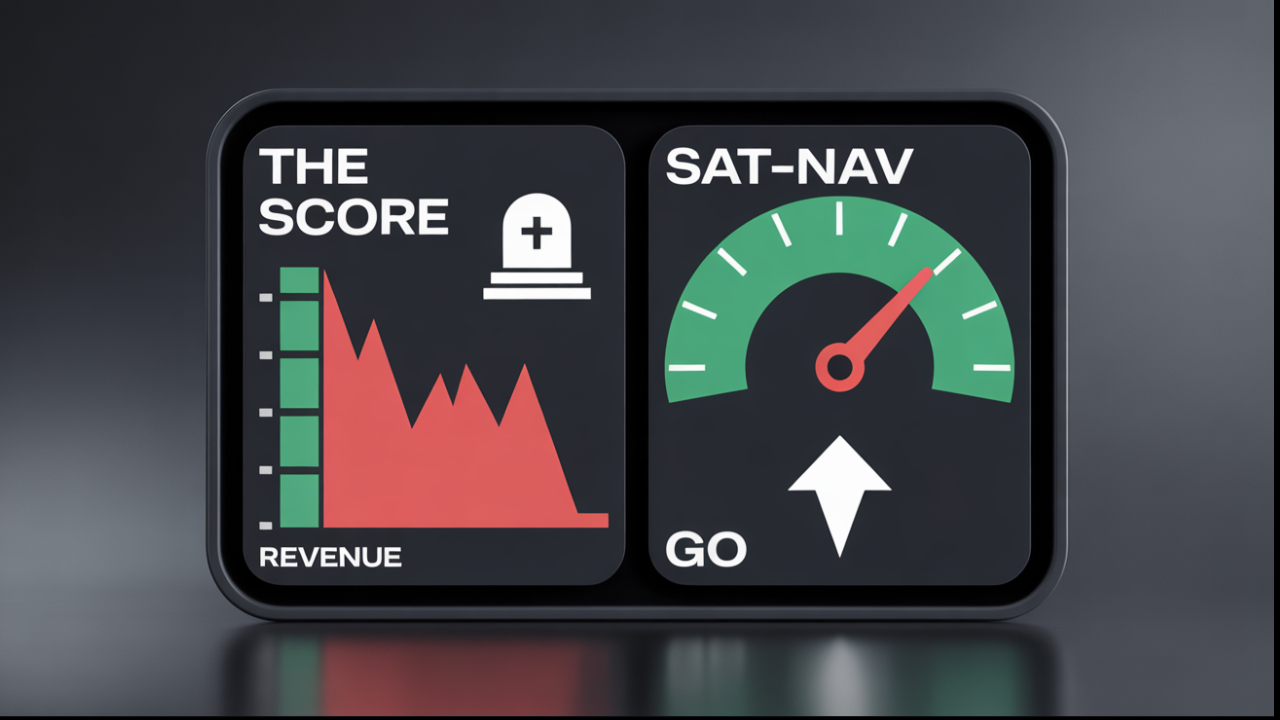The Blueprint to Growth: Understanding Business Planning and Its Importance
Business Planning – What is it?
If you can’t articulate it, you don’t own it. When you define the future, the plan begins to shape itself to reality.
In the world of business, planning is often touted as a cornerstone for success. But what does business planning truly entail, and why is it so critical? At its core, business planning is a systematic approach designed to lead to breakthrough performance. In practice, it stands as one of the most effective management tools available, allowing businesses to make optimal use of their time, money, and resources.
Understanding Business Planning
Business planning is not just about setting goals; it's about creating a clear path to achieve these goals. It begins with a detailed identification of how a company can align itself to meet its key objectives. This involves a strategic alignment of all business facets on critical initiatives, ensuring that every part of the organisation is working towards the same end.
This alignment is fostered through a data-oriented, fact-based approach. It involves using benchmarking exercises, diagnostics, and key performance indicators (KPIs) to maintain a focus on the vision while clearly defining how to achieve it. Business planning does not merely involve setting a destination; it involves mapping out the journey (i.e., who does what and by when).
However, effective business planning cannot exist in a vacuum. It requires a shift in management processes, often adopting a Plan-Do-Check-Act (PDCA) cycle. This cycle involves recognising opportunities, testing changes, analysing results, and acting on the insights gained. The PDCA cycle is crucial for the ongoing implementation and execution of the business plan, ensuring that strategies remain dynamic and responsive to changes.
***DIGITAL DOWNLOAD***
16 Powerful Goal Setting Questions for Your Business
These 16 Questions get you 'DIGGING DEEP' and 'THINKING' about what it is you ‘REALLY’ want to 'ACHIEVE', get started today and make it happen - Click Here
The Role of Business Planning in Achieving Breakthrough Performance
One of the primary functions of business planning is to identify and focus on long-term breakthrough objectives. These are the few critical goals that can drive the long-term success of a company. Employing the 80/20 rule, business planning helps link these major objectives with specific action plans, ensuring that the most crucial areas receive the most attention.
For instance, a company might identify increasing market share as a breakthrough objective. Business planning would then involve developing specific action plans, such as enhancing product offerings or improving customer service, to achieve this objective. By focusing on these objectives, businesses can align their internal organisations—including employees, functional departments, and outsourced partners—toward these long-term goals.
Importantly, business planning transforms the abstract vision and strategic plan into concrete, accountable annual action plans. This transformation allows businesses to measure progress and adjust strategies as needed, ensuring that they remain on track to achieve their long-term objectives.
Benchmarking and Auditing: Tools for Effective Business Planning
To effectively implement business planning, companies often rely on benchmarking and auditing. These processes involve comparing a company's practices against industry standards or set criteria, providing valuable insights into areas of strength and opportunities for improvement.
For example, a company might benchmark its sales and marketing processes against industry leaders to identify best practices and areas where they lag behind. This insight can then inform strategic adjustments to improve performance. Similarly, auditing various business areas, such as leadership, digital marketing, and well-being, allows companies to assess their current state and identify critical areas for development.
These tools help businesses focus on the "critical few"—the key areas that create the most value and position the company to capture market share. By addressing these areas, businesses can close significant gaps in their vision and strategy, driving them closer to their desired outcomes.
Overcoming Challenges in Business Planning
Despite its benefits, many companies fall short of their business plans. While most businesses have a vision (approximately 97-98%), and a significant portion (80%) have clear strategic plans, the success rate for execution is much lower. Only about 50-55% of companies see some success, with only 33% achieving significant success.
The primary challenge lies in implementation and execution. Often, companies revert to old habits, focusing on day-to-day tasks rather than strategic initiatives. The company vision may be prominently displayed, but without effective execution, it remains just a dream. Similarly, strategic plans may end up as mere wish lists if not actively pursued.
To overcome these challenges, companies must integrate their vision and strategic plan into their daily operations. This involves creating strategic objectives that drive competitive advantage and profitability, extracting one-year incremental objectives, and prioritising improvements. By tracking return on investment and effort with KPIs and detailed action plans, companies can ensure that their strategies are yielding the desired results.
Governance and Review: Ensuring Continuous Improvement
A key component of successful business planning is establishing a robust governance and review process. This involves regularly revisiting the strategic objectives and action plans to ensure they remain aligned with the company's vision and goals. A governance process with a constancy of purpose, process, and language helps maintain focus and accountability.
Regular reviews allow companies to assess progress, make necessary adjustments, and capitalise on new opportunities. By maintaining a dynamic approach to business planning, companies can adapt to changing market conditions, technological advancements, and other external factors that may impact their success.
The 90-Day Action Programme: A Practical Approach to Business Planning
For many businesses, the concept of a long-term strategic plan can seem daunting. The 90-Day Action Programme offers a more manageable approach, breaking down the strategic plan into actionable, short-term goals. This approach encourages businesses to set goals, create plans, and deliver results within a 90-day timeframe.
By focusing on short-term objectives, companies can maintain momentum and build on small successes. This iterative process allows for continuous improvement, ensuring that the business remains agile and responsive to changes.
Key Takeaways
Business planning is more than just a theoretical exercise; it is a practical tool for achieving breakthrough performance. By aligning all facets of the organisation towards key strategic initiatives, fostering a data-driven approach, and implementing a robust governance process, businesses can make the most effective use of their resources.
Despite the challenges of implementation, the benefits of effective business planning are clear. It transforms visions into actionable plans, identifies critical objectives, and provides a framework for continuous improvement. As businesses navigate the complexities of the modern market, business planning remains an indispensable tool for achieving long-term success.
If you need support in developing a comprehensive and effective business plan, don't hesitate to reach out. We're here to help you turn your vision into reality. Contact us today to learn more.











